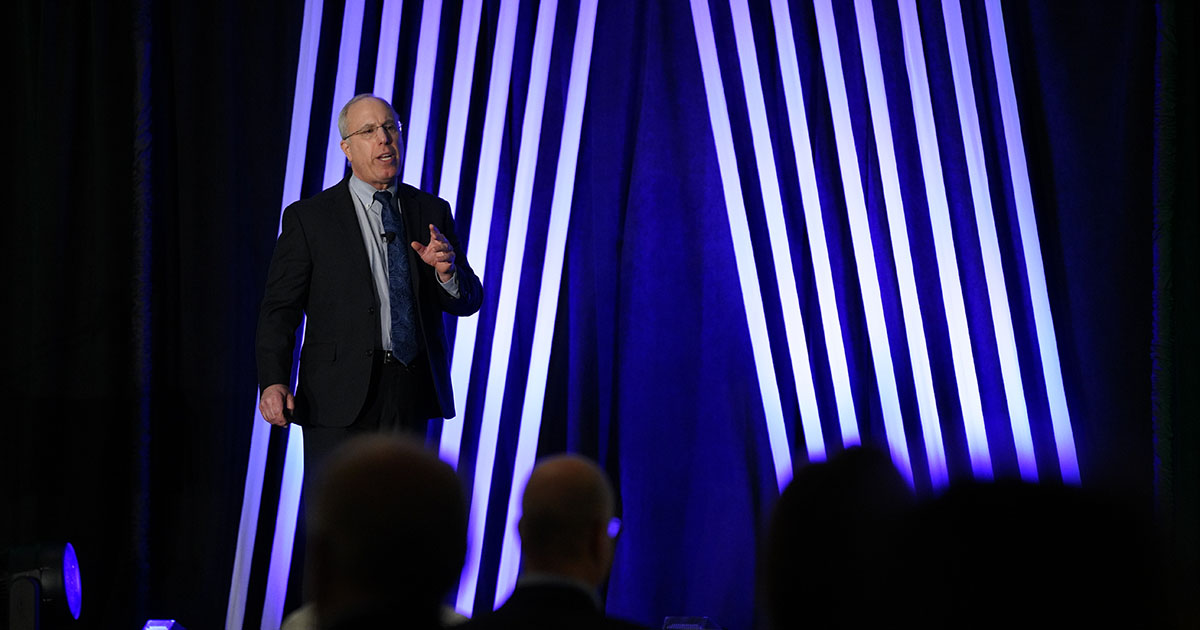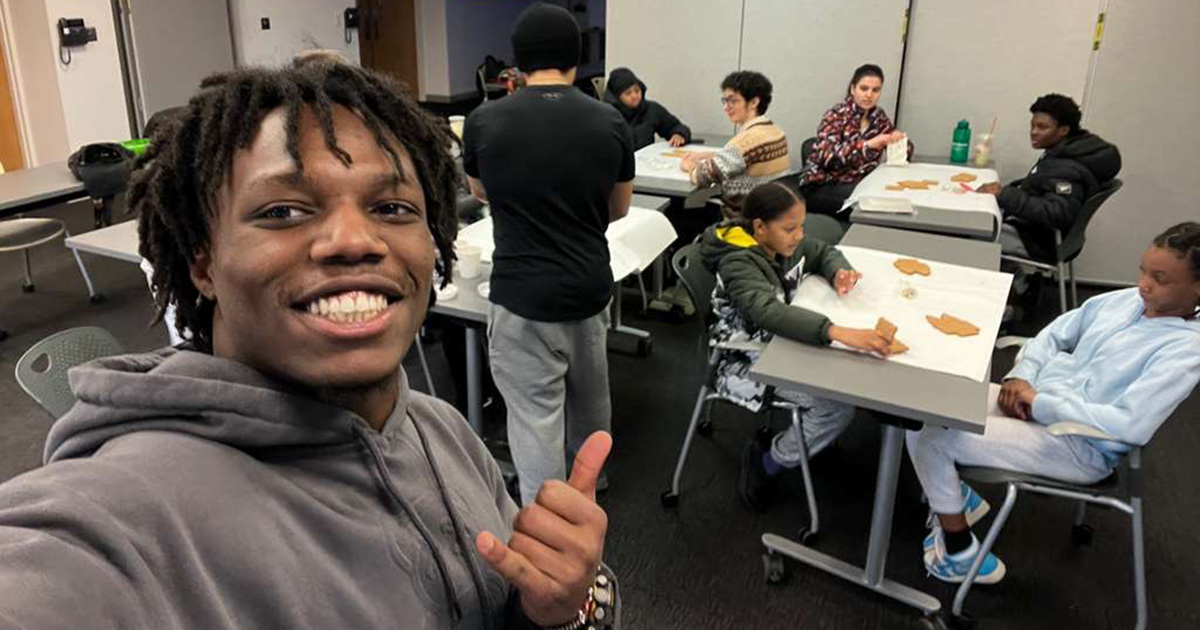The Workforce Is Changing. Entrepreneurship Is the Answer.

Disruption. It’s more than just a buzzword for Babson College President Stephen Spinelli Jr. MBA’92, PhD. It’s reality.
“The pace of change in the world and in the workplace is creating disruption in almost every industry,” says Spinelli.
Nearly 40% of U.S. jobs currently sit in occupations that are likely to shrink by 2030, according to one McKinsey study. Advances in fields like artificial intelligence and robotic process automation mean that half the millennial workforce is expected to find work in jobs that have yet to be created, as KPMG wrote in Forbes.
Why does this matter? Now more than ever, Spinelli says, students need to be prepared for the future of work, and with it, all of its uncertainty. This “creates an essential and growing need for learning across a lifetime,” he adds.
Spinelli shared his thoughts on the future of work and the importance of entrepreneurship, across all sectors of education, at this year’s United States Association for Small Business and Entrepreneurship (USASBE) conference. There, he also received the John E. Hughes Award for Entrepreneurial Achievement.
Entrepreneurship as a Differentiator
“I’ve read thousands of articles about the future of education and the future of business,” Spinelli said. “I think (the education industry) is what the newspaper industry was in 1990 when someone invented the internet.”
In this time of disruption and change, when the world is more connected and complicated than ever, the need for lifelong education has never been greater, he says. It also is time for entrepreneurship education to take center stage, as a discipline that “has based its existence on motivating people to look at what market demand is and to really create value.”
A lifelong learner himself, Spinelli co-founded Jiffy Lube at the same time he started his MBA program at Babson.
“It was the first time I really began to understand the combination of thought and action,” he shared.
For Spinelli, the mindset is what distinguishes those who have participated in entrepreneurship education from those who have not. “Entrepreneurs aren’t people that jump out of airplanes without a parachute,” he said. “We may jump out of an airplane, but chances are, we’re well prepared to land where we want to land and to do something important when we get there.”
This mindset creates entrepreneurial leaders, no matter the industry, career, or job title—people who are able to turn problems into opportunities that create social and economic value.
“I believe we can have such a dramatic effect on education, not just business.”
President Stephen Spinelli Jr. MBA’92, PhD
Addressing the audience at USASBE, Spinelli asked: Will there be a need for more accelerated knowledge in the next 10 years? And, who has spent the last 30 years, including millions of hours, dedicated to figuring out what the entrepreneurial process is and should be?
The answers? Yes, and, of course, Babson.
“I believe we can have such a dramatic effect on education, not just business,” he said. “We’re the experts in understanding market demand, delivering value, and solving the problem. We should be leading this revolution.”
Read more from Heather McGowan MBA’01 on the future of work, from her session at Babson Connect: Worldwide during Babson’s Centennial Celebration.
Posted in Entrepreneurial Leadership




